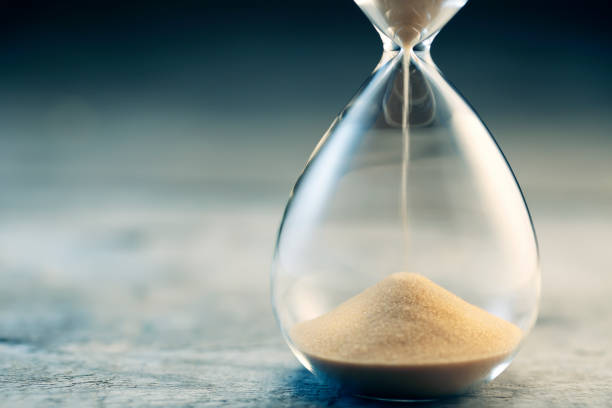This week’s insights are important for students and educators. But they’re also useful for anyone who feels they have to manage personal-professional trade-offs…
From – Valuing Time Over Money Predicts Happiness After a Major Life Transition: A Pre-Registered Longitudinal Study of Graduating Students by Ashley Whillans of HBS and Elizabeth Dunn Univ. of British Columbia.
More time or more money?
Wouldn’t it be nice if someone, perhaps a genie or magician, could give us that choice?
The truth is, we make that choice every day. We might not literally decide which one we’re going to prioritize. But it’s implied. We also make it on the macro level with “big decisions” – usually around education or career.
That’s why we ought to understand what the science says about how to make these decisions and what to value for a happier life…
Research from folks like Sanford DeVoe and Jeffrey Pfeffer has shown that North Americans feel increasingly pressed for time. Less than half of us feel like we have time to do all the things we want to do. (As if we needed a research paper to tell us that!) This feeling is even more pronounced for us achievers – businesspeople, educators, STEM careers, etc. Multiple studies have shown a “hydraulic relationship” between earnings and time stress viz. those who make more feel more pressed for time.
Stepping back from the research – it’s clear that most of us feel this time pressure on an intuitive level. But it’s easy to overlook that in any given moment we’re making trade-offs between time and money.
We could – dare I say it – work less. We could spend money on services (delivery, housekeeping, etc.) to create more time. When we’re faced with big questions (career paths, grad schools, etc.) we can also weigh workload versus work-life. Our behavior is ultimately a reflection of our values.
So, what should we value?
Whillans and Dunn begin by asking a similar question viz. when making major life decisions should we prioritize time or money?
To answer this question Dunn and Whillans studied 1,232 graduating university students. They looked at people’s broad preferences to prioritize time over money (or vice-versa) in their senior year of college and how happy they were a year later when the majority had started working.
As predicted, they found those who valued time over money chose more intrinsically rewarding activities and were significantly happier one year after graduation.
This research is really one of the first to look at the time-money relationship in the context of major life transitions. As the researchers point out – in looking at how time-money priorities relate to big life decisions and happiness, this work adds important nuance to our understanding of time-money trade-offs and subjective well-being.
What we’ve learned here isn’t just for students. And I’ll venture to say it’s not just for life-altering decisions. At any juncture of our lives we’re faced with decisions – big and small – which have a profound impact on our happiness.
Scientific research shows us how to make such decisions to live happier lives. It’s up to us to go ahead and make them.
Get insights like this delivered every week. Sign up.

